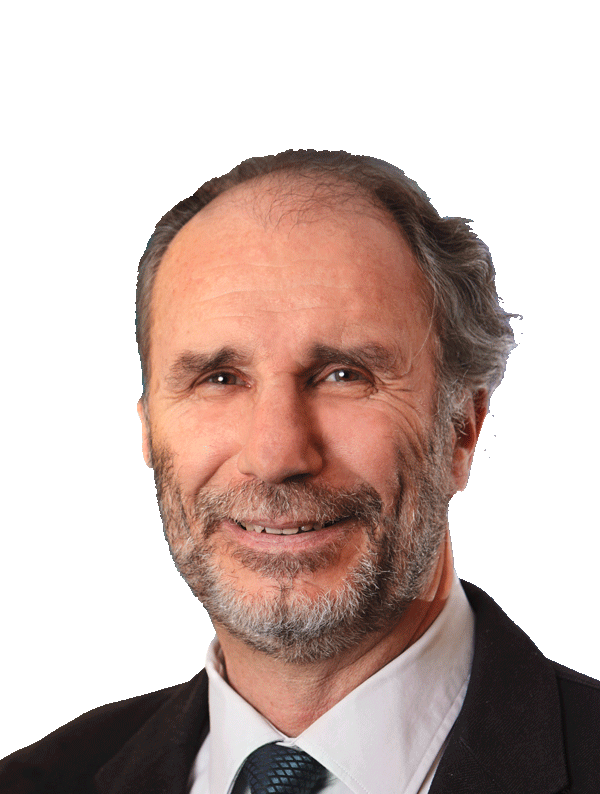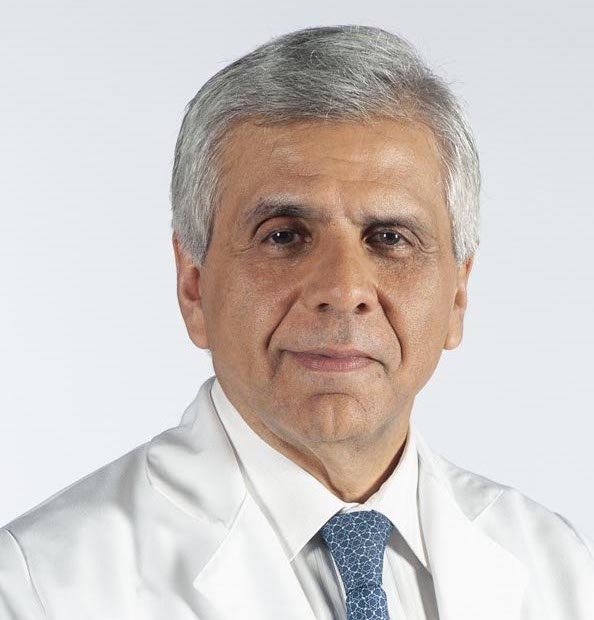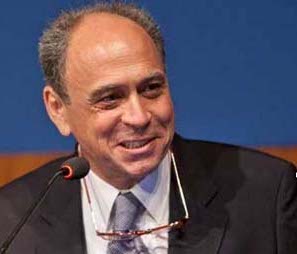Replay is available exclusively to members
Create a free account or log inVulnerability of the gut microbiota in industrialized societies
Diet and medications are the main drivers of the composition and functional diversity of the human microbiome. Medications such as antibiotics have saved millions of lives, but their over prescription have led to the emergence of resistant infections and has harmful effects on the microbiome. Gut microbes can also influence the efficacy of medications. The knowledge of the bidirectional interactions between some drugs and the gut microbiome can aid practitioners in determining which interventions modulate interactions and optimize treatment efficacy.


